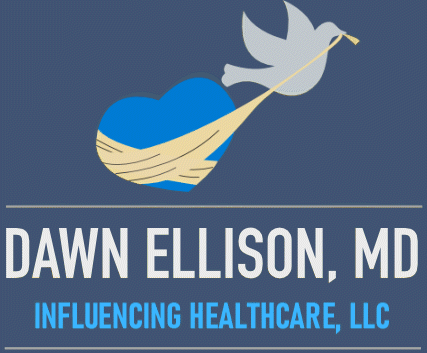A Collaborative Workplace Culture is Priceless
Our relationships with our colleagues clearly affect patient safety. If we are not approachable, we may never find out about potential errors leading to bad outcomes. Evidence suggests that it also affects; workforce morale and turnover, patient functional health outcomes, mortality and length of stay. An engaged conscientious set of colleagues that are mindful of caring for each other as well as their patients is a sustainable model for the future of healthcare.
Healthcare organizations need to pay attention to the importance of relationships, not just vision and mission.
Relationships are built on trust. Covey writes about the "Speed of Trust" because with trust, constructive conflict, commitment, accountability and results can happen. Trust is earned through transparent, respectful, behavior that delivers what it promises.
Have you heard people who do the caregiving say that their concerns are not heard by administration? How about people in administrative positions concerned that they can't get the caretakers involved in decision making? This is the irony of many hierarchical organizations.
Without meaningful engagement, there is a void of trust.
By creating opportunities for meaningful conversations amongst diverse sets of people involved in healthcare, whether it is in an organization, family or community; it is possible to improve relationships while engaging in the tough work of providing patient care.
The easy solutions that can be solved by individuals are diminishing as we embark on this journey into a more complex world of medical homes and accountable health communities. The tools of engagement are evolving as well. Roberts rules are too restrictive for the innovation that is required for the future.
We need to use the participative tools that encourage all voices in the room so that the decisions to move us forward are wiser. We can be better together and together better!
Here are some other articles you may enjoy reading
A Participative Process is Worth the Effort
Through the spirit of collaboration, optimal health and wellness can be achieved by communicating with patients, families, communities, and other members of the healthcare team.
Why Group Decision Making is Key
Trust in one another is the necessary foundation for group discussions that result in making group decisions.
When ground level employees don’t feel their input is heard or valued, it can quickly divide an organization. Learn how to bolster authentic engagement and ensure that decisions are being made with people instead of for people.





